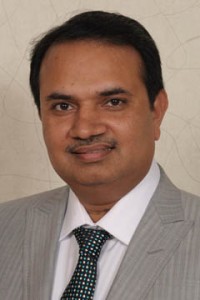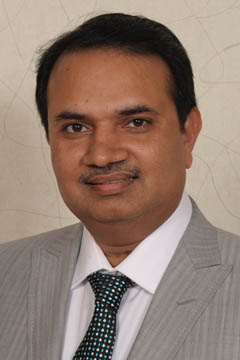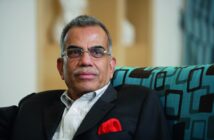By: Babulal Varma, MD, Omkar Realtors & Developers
 Track2Realty Exclusive: Urban renewal has led to economic rejuvenation of various countries and we shall have to find our own unique solutions while learning from best global practices. While Singapore and Malaysia’s transformation was led by sagacious leadership, Hong Kong, Shanghai, Chicago, Birmingham and New York effectively used their political process to drastically improve quality of life, economic output and employment opportunities.
Track2Realty Exclusive: Urban renewal has led to economic rejuvenation of various countries and we shall have to find our own unique solutions while learning from best global practices. While Singapore and Malaysia’s transformation was led by sagacious leadership, Hong Kong, Shanghai, Chicago, Birmingham and New York effectively used their political process to drastically improve quality of life, economic output and employment opportunities.
In the Indian context, Mumbai city is leading the redevelopment process though the volume is still a fraction of the overall potential. Mumbai’s problems are unique and need solutions which are also unique as socio-political fabric of the society and ethnicity is diverse.
We have been observing the global developments in the sphere of redevelopment and are open to experiment with any innovation and value addition locally. However, any such initiative to value-add can pick up steam in the Indian context only if the government is willing to trust and extend support in cases which impact the immediate society at large.
Redevelopment, particularly in cities which can only grow vertically such as Mumbai, needs to be accorded a macro perspective rather than a micro outlook. Even as we set certain benchmarks for our own states and other nations, our industry should keenly observe the learning curve of redevelopment pattern prevalent abroad.
When Hong Kong initiated redevelopment projects, it had to ensure that the target locations and the priority project areas, upon completion of urban renewal, would be attractive places to reside and work. Accordingly, strategic planning guidelines were charted out to guide their developments.
As a redevelopment module, it shortlisted 200 priority project areas. Upon redevelopment of the 200 priority project areas; there were major improvements to the dilapidated urban areas, which were transformed and brought up to modern city living standards. The major urban decay problem of the city was, hence, largely resolved.
The Urban Renewal Authority’s 4Rs strategy is now well established and gaining recognition in the community. The 4Rs are Redevelopment, Rehabilitation, Reservation and Revitalisation which, when applied together, enables a holistic approach to unlock the full potential of urban renewal.
Under this 4Rs strategy, redevelopment at a project site is used as an anchor around which other complementary modes of urban renewal take place. For instance, this might involve the redevelopment of a cluster of rundown residential buildings. In the nearby areas, efforts will be made to rehabilitate the old but serviceable buildings, conserve buildings of special interest, preserve historic architecture and revitalise the shopping, leisure and local community activities.
…..to be continued





